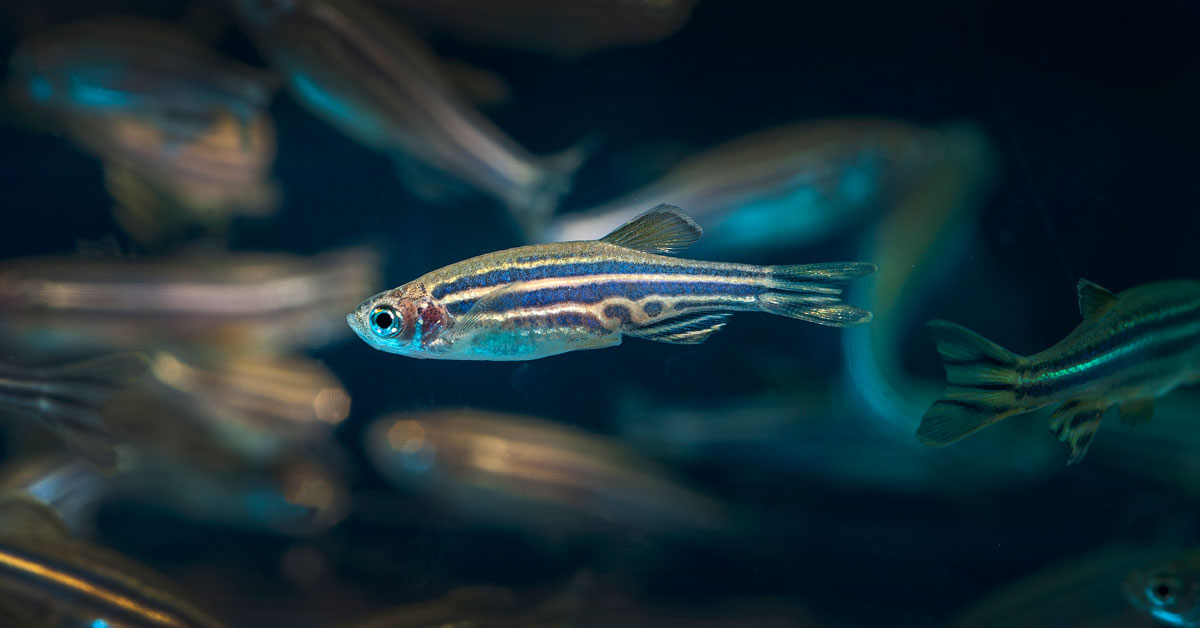Last week, Gabriella Wong gave a presentation at the United Nations that has now been viewed over a million times on TikTok.
Wong is the founder of accessSOS, a tech nonprofit on a mission to make emergency help more accessible. In Vienna, she introduced the organization in a discussion on equal access to emergency services.
She started by telling the story of her parents, who are both Deaf and communicate via American Sign Language — or if they’re not with their daughter, via text.
Although Wong is fluent in ASL — emergency services in the United States typically are not. And text-to-911 infrastructure is inconsistent, inaccessible, and unreliable.

“A few years ago, when my father was home alone… his gallbladder ruptured,” Wong said. “He was worried that if he went to his video relay machine, he would not reach the sign language interpreter in time. What he did was text me to call 911 for him, but I wasn’t near my phone at that time.”
Her father almost died.
“Why couldn’t my dad text emergency services directly in the United States?” she asked. “The emergency services system was built in the 1960s and 70s, using an old landline system. Upgrading that old equipment costs a lot of money and a lot of time.”
According to the accessSOS website, 46% of emergency call centers in the U.S. cannot accept texts, leaving upwards of 37 million Americans who cannot hear or speak out loud in the dark.
The soonest the United States would get 100% access to text-to-911 services, Wong said, would be in 2030.
“People like my parents can’t wait that long to get the help they need,” she emphasized.
These statistics — and the life-or-death experience Wong had with her father — were the catalyst for accessSOS.

The organization provides a life-saving solution, in the form of a free, 24/7-accessible mobile app. It immediately accesses the geolocation of the person in need and sends it to local emergency services.
“You just press a few picture-based icons, select your emergency, and we send that information over to 911,” Wong explained.
The app also uses the preferred language of the user, translating their text into a voice call and streamlining it to an emergency dispatcher.
If users are unable to download the app, they can also visit contact911.org on their phones to use accessSOS’s services.
These services are currently only available in Santa Fe and Albuquerque, New Mexico, and Berkley, California but have a cumulative 14,000 users so far.
While accessSOS continues to raise funds to offer service across the U.S., the organization also uses its innovation as a platform to raise awareness about the issue of inequitable access to emergency services.
The viral TikTok certainly helps.
Viewers of the video filled the comment section with words of appreciation and encouragement, some even asking if they could donate to support the growth of accessSOS.
“She transformed her helplessness and regret for not being there for her Dad into pure magical action to benefit so many,” one person commented. “Wow.”
“If I were rich, I’d fund this kind of thing in a heartbeat,” another person chimed in. “Fantastic use of technology.”
One person simply summed up Wong’s speech in a powerful sentence: “Accessibility saves lives.”
Header images courtesy of accessSOS/TikTok



